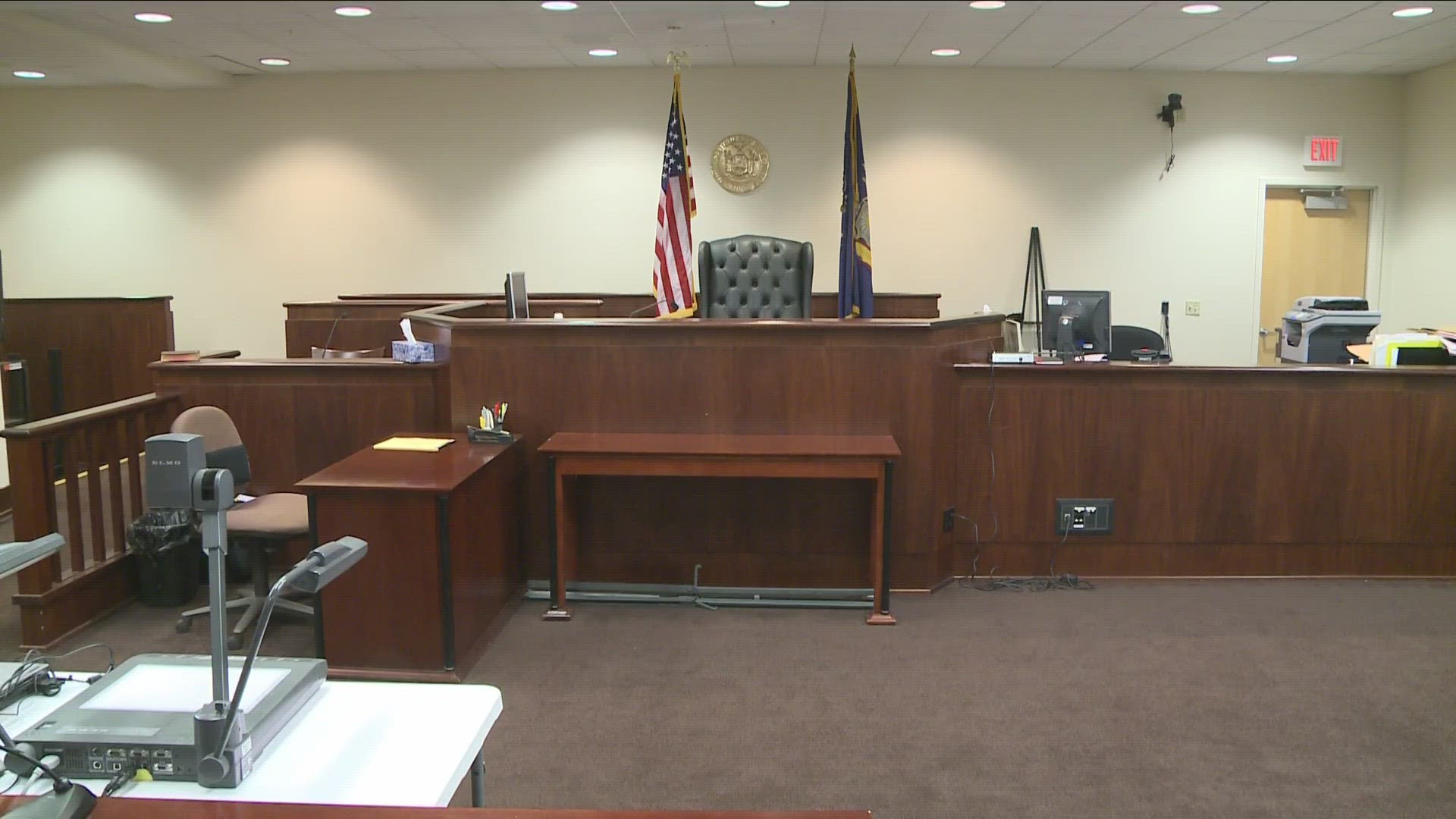BUFFALO, N.Y. — During Gov. Kathy Hochul's Public Safety Announcement, she spoke on changes she's been fighting for in bail reform.
"New funding for pretrial services and alternatives to incarceration programs to focus on programs that lead to better outcomes for defendants, a lot of these individuals need help. They need supportive services, anger management, substance abuse, treatment, and mental health challenges. We're trying to help them so we can stop that, get them off the treadmill, get them out of that cycle. And we also want to ensure that people who've paid their debt to society can smoothly reintegrate into communities," Hochul said.
The state's adding more funding for supportive services. It's services such as legal defense to help people like Corey McCarthy.
"It was nerve-racking. It was exciting. I was scared," McCarthy said. "Thankfully, I had support. I was given tokens. I was given a place to live. I was given a schedule."
He also had to do anger management, substance abuse counseling, and mental health check-ins. It's the services Hochul is gunning for more of. That was easy for him. The challenge was working. It was a requirement on parole.
"If I had to take all these courses and classes and be in all these places for parole. I can't work. I left prison with $72 and I'm supposed to get an apartment and a job?" McCarthy said.
Others have challenges getting transportation to the meetings. Luckily for Corey, he came across Peace Prints of Western New York.
"Life gets real immediately. The fact of the matter is it's not going to be easy. It's not going to be fun," said Cindi Mceachon, the executive director of Peace Prints of WNY.
Peace Prints of WNY is a non-profit offering re-entry services to men and women involved in the justice system. You may have seen a few halfway homes like Bissonette House, the organization places parolees in.
"You go from zero to 100 immediately. No one is waiting for you to catch up. While you were locked away, the world kept moving," McEachon said.
She sees many people falling back into the system. She says the requirements are roadblocks. It's an issue she thinks parole officers should work with detainees on. Adding more supportive services can make an impact.
"We're not ready to make what that looks like. It's hard to point a finger at one individual group. I think personally we need to come together, " McEachon said.

